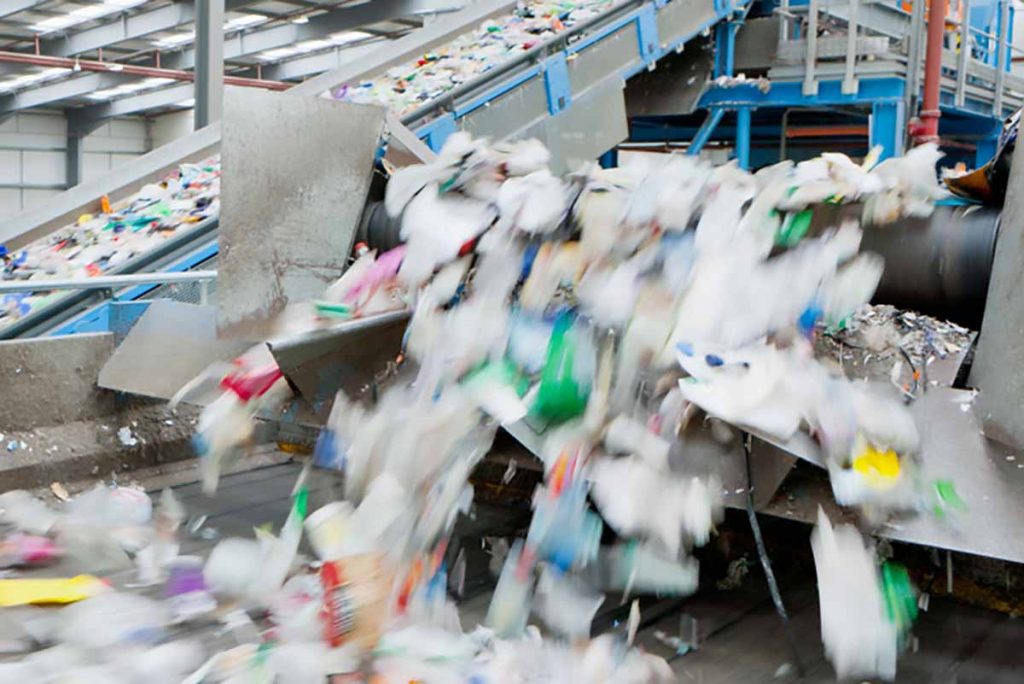
Materials recovery facilities opened recently in two U.S. regions. | Juice Flair/Shutterstock
Recycling facilities in Iowa and New Jersey recently started up operations, processing single-stream recyclables from nearby communities.
 Colin Staub was a reporter and associate editor at Resource Recycling until August 2025.
Colin Staub was a reporter and associate editor at Resource Recycling until August 2025.
Materials recovery facilities opened recently in two U.S. regions. | Juice Flair/Shutterstock
Recycling facilities in Iowa and New Jersey recently started up operations, processing single-stream recyclables from nearby communities.
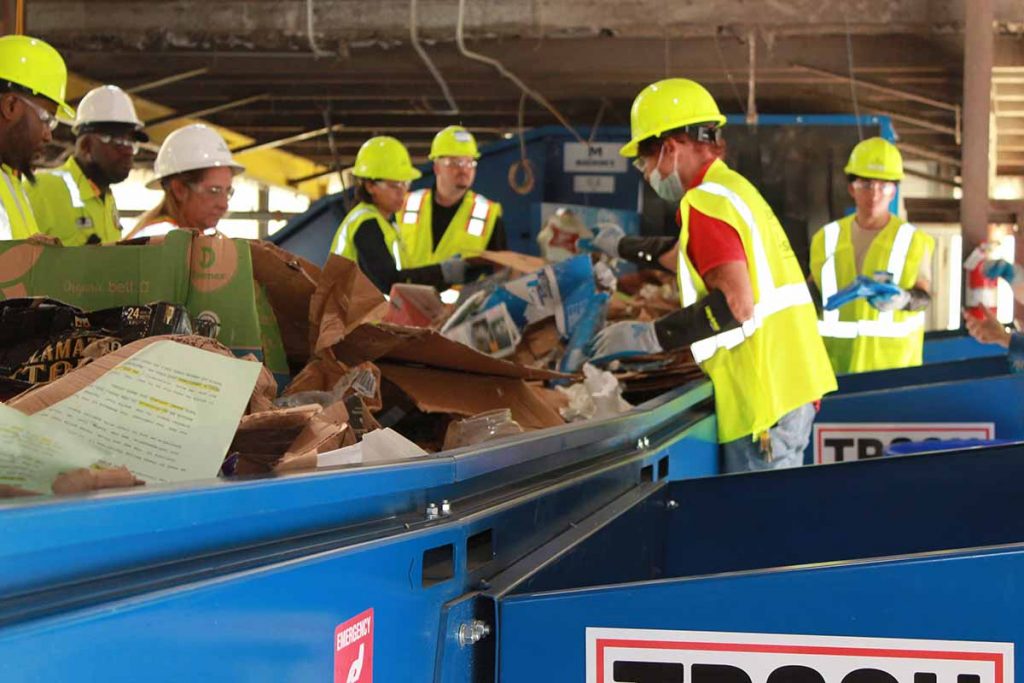
Now operational, the Recycle Ann Arbor MRF accepts typical single-stream recyclables, including mixed paper, OCC, cartons, metal cans, glass, PET, HDPE and PP. | Courtesy of Recycle Ann Arbor
Recycle Ann Arbor reopened the city of Ann Arbor’s MRF this month, marking the first time in years that recyclables will be sorted locally in the Michigan municipality.
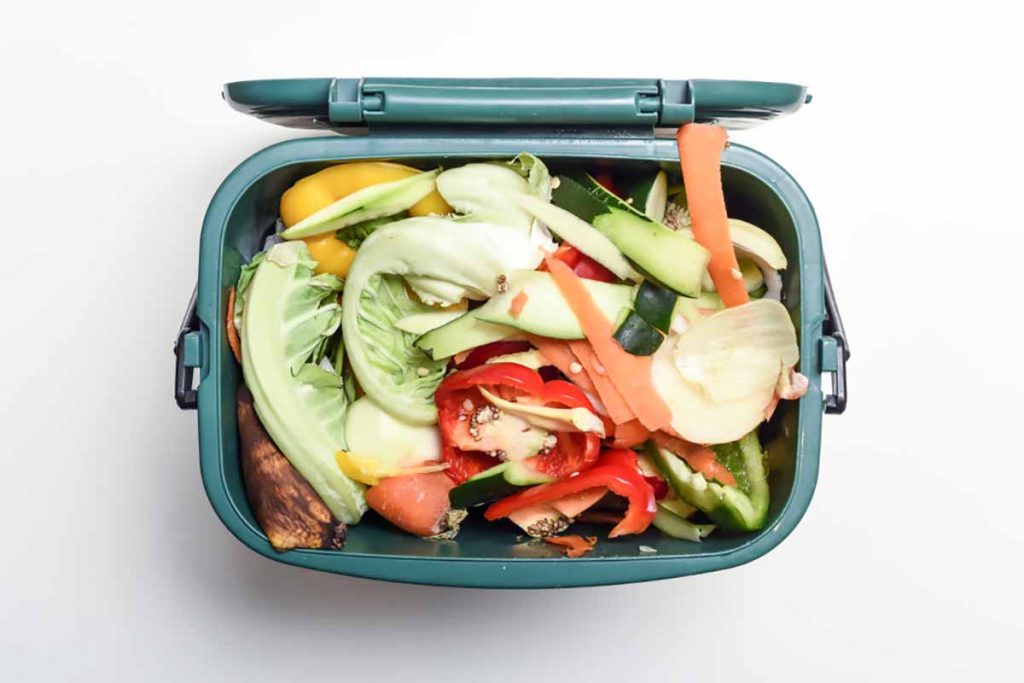
Starting in 2022, California law will require that every municipality across the state provide organics collection service, among other mandates. | Thomas Holt/Shutterstock
In January, California municipalities must begin meeting requirements of what some stakeholders are calling the most significant waste reduction legislation in decades.
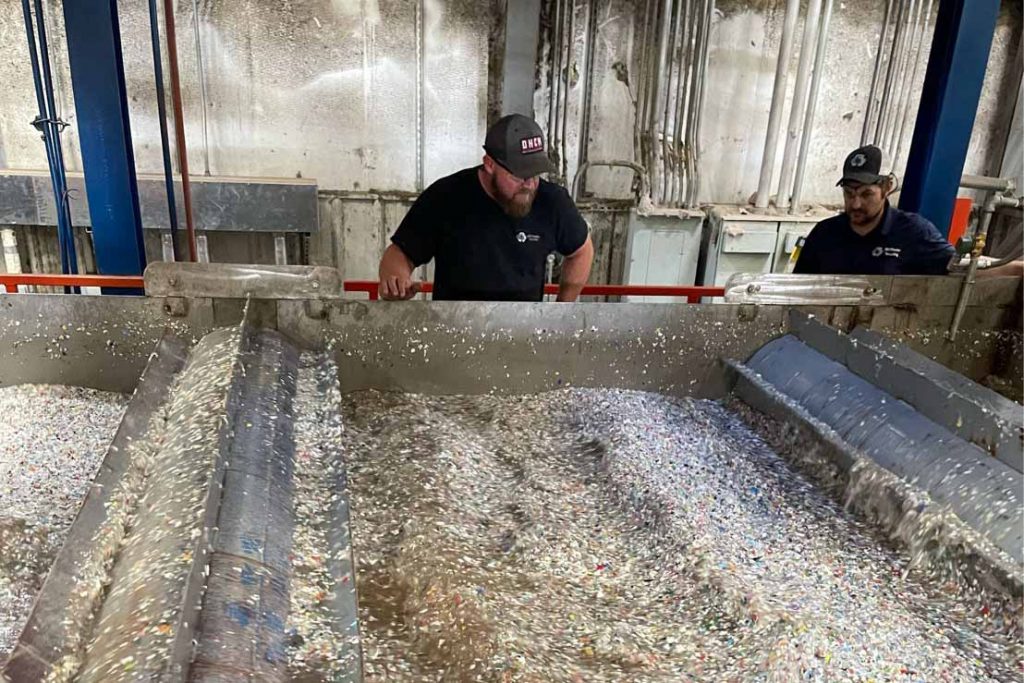
KW Plastics’ new PP wash line has a full capacity of 100 million pounds per year. | Credit: Scott Saunders
KW Plastics in recent weeks started up a polypropylene wash line that will increase its recycling capacity by 100 million pounds per year. Company General Manager Scott Saunders said the line will boost efficiency.
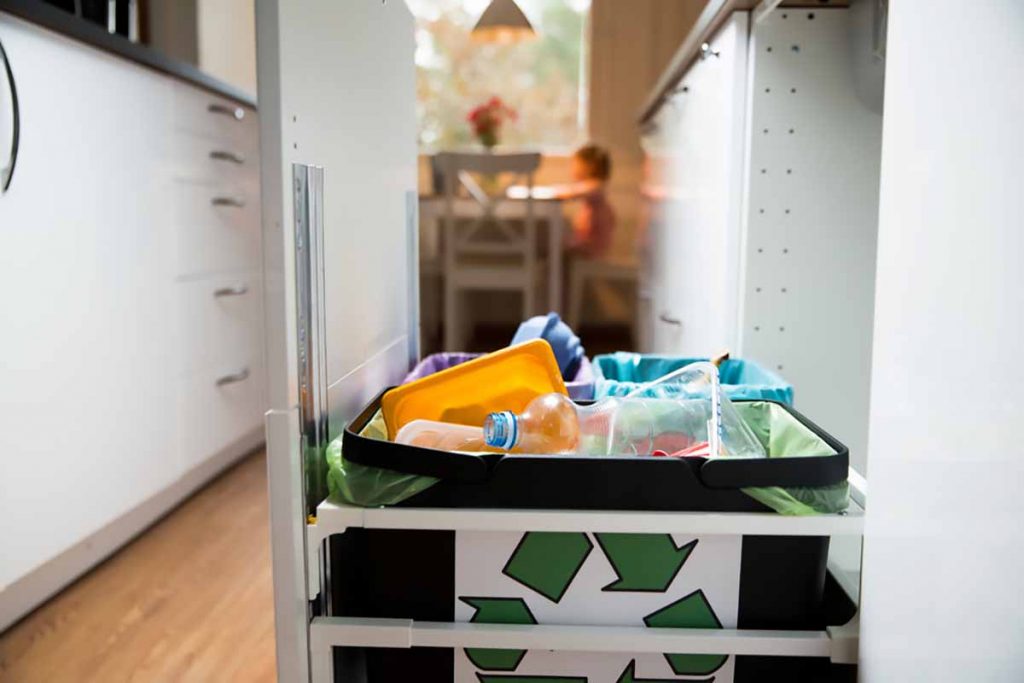
A research study found consumers are most likely to recycle when it is made as easy as possible, meaning that recycling availability and clear instructions are important. | Alexsandra Suzi/Shutterstock
Research commissioned by the Carton Council identified logistical and psychological factors that play into recycling habits. The study suggests boosting residential materials recovery will require more than convincing consumers recycling is the right choice.

The Closed Loop Ventures Group fund is supported by corporations including Microsoft and foundations such as the Autodesk Foundation. | Tada Images/Shutterstock
Investment firm Closed Loop Partners this week announced millions of dollars are ready to be invested in startup companies working in various sectors related to materials management.
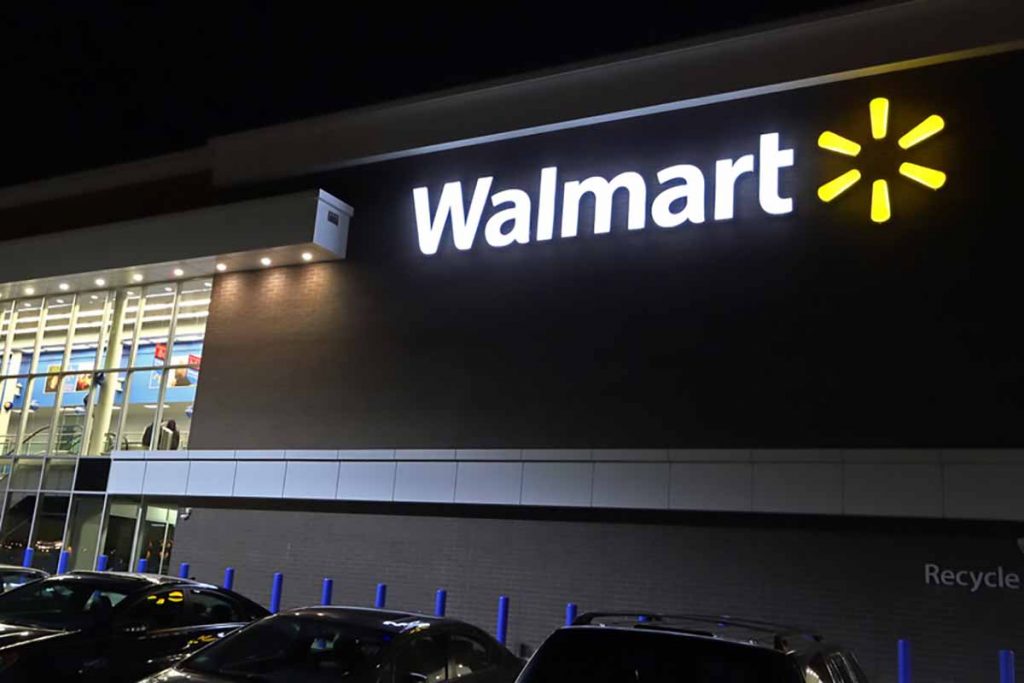
The Greenpeace lawsuit focuses on Walmart’s use of the How2Recycle label on certain of the company’s private label plastic packaging. | QualityHD/Shutterstock
A lawsuit alleging Walmart deceives customers about recyclability of its packaging has been reopened. Attorneys for Greenpeace expect their complaint, which was previously dismissed by a federal judge, will be allowed to move forward in its amended form.

